
Join 10k+ people to get notified about new posts, news and tips.
Do not worry we don't spam!

Post by : Raman
Photo : AP
Nepal, a country known for its natural beauty and rich culture, has recently gone through one of the most difficult moments in its modern political history. After days of violent protests, strict curfews, and uncertainty, life in the capital city Kathmandu and other parts of the country is slowly returning to normal. Shops, markets, and streets are once again open, and people are beginning to breathe easier.
This return to calm came after a big change in leadership. Former Chief Justice Sushila Karki was appointed as Nepal’s first woman Prime Minister, leading an interim government that is expected to guide the country until fresh elections are held. Her appointment has given new hope to the people after the resignation of Prime Minister KP Sharma Oli, who stepped down in the face of massive protests and public anger.
The events of the past week have not only reshaped Nepal’s politics but also reminded the world of the power of public voice, the importance of democracy, and the challenges of maintaining peace in times of crisis.
The political crisis began when the Oli government announced a ban on social media platforms. The ban was seen as an attack on freedom of expression, especially by the younger generation who depend on these platforms to communicate, share ideas, and express opinions.
The government argued that the ban was needed to control misinformation and unrest. But instead of calming people, the decision sparked immediate anger. Many saw it as an attempt to silence criticism and limit public freedom.
Young people, especially from what is often called the “Gen Z” generation, took to the streets to demand that the ban be removed. Their protests quickly grew larger, spreading across the Kathmandu Valley and into other regions of Nepal.
At the same time, long-standing frustrations with corruption, unemployment, and poor governance came to the surface. The social media ban became the spark that lit a fire of wider discontent.
What started as peaceful demonstrations soon turned into violent clashes. Protesters stormed government buildings, set fires, and vandalized offices. The police responded with force, using batons, tear gas, and in some cases, live ammunition to control the crowds.
According to the Nepal Police, at least 51 people were killed, including one Indian national, in just a few days of protests. Hundreds more were injured. The deaths shocked the nation and drew criticism from human rights groups.
The violence created fear and tension across the country. Families stayed inside their homes, schools closed, and public transport stopped running. Shops and markets shut their doors, leaving many without basic supplies.
The growing unrest put intense pressure on Prime Minister KP Sharma Oli. Once a powerful leader, Oli faced mounting criticism for his handling of the crisis. Protesters demanded his resignation, blaming him not only for the social media ban but also for corruption and poor economic management.
On Tuesday, hundreds of protesters marched to Oli’s office, demanding that he step down. Facing huge pressure from the public and the political establishment, Oli finally resigned. His departure marked the end of days of speculation and opened the door for new leadership.
After Oli’s resignation, the Nepalese Army took control of law and order to prevent the situation from spiraling out of control. The Army imposed strict curfews across Kathmandu Valley and other major cities. Public movement was allowed only during short time windows for buying essential items.
While the curfews limited violence, they also added to the sense of fear and uncertainty. Empty streets and closed shops gave Kathmandu the look of a ghost city.
At the same time, the Army tried to reassure citizens that peace would return soon. Officials promised that once a new government was in place, restrictions would be lifted.
On Friday, Nepal witnessed a historic moment. Sushila Karki, a respected former Chief Justice of the Supreme Court, was appointed as the interim Prime Minister. She is the first woman in Nepal’s history to hold the post.
Karki is known for her honesty, strong legal background, and commitment to justice. Her appointment is seen as a step toward restoring confidence in leadership. Many hope that she can guide the country through this difficult time and prepare the ground for free and fair elections.
In her first statement as Prime Minister, Karki promised to work for peace and stability. She said the new government’s mission was to “listen to the people, heal the wounds of the past week, and prepare Nepal for a brighter, democratic future.”
On Saturday, authorities lifted the curfew in Kathmandu Valley and other regions. For the first time in days, shops, grocery stores, vegetable markets, and shopping malls reopened. Traffic returned to the streets, and people could be seen moving about freely.
The reopening was a moment of relief for citizens who had been struggling with shortages of food and daily essentials. Families rushed to markets to buy fresh vegetables and supplies.
At the same time, cleaning drives were launched at government offices and public places that had been damaged during the protests. Broken windows were replaced, burned areas cleaned, and walls repainted. Volunteers joined the efforts, showing the resilience of ordinary people who wanted to restore their city.
Even as life slowly returns to normal, the scars of the unrest remain deep. Families mourn the loss of loved ones who died in clashes. Businesses that were burned or looted face heavy losses. Public trust in the political system has been shaken.
Experts warn that Nepal’s economy, already struggling with unemployment and inflation, could take months to recover from the disruption. Tourism, a major source of income for the country, may also suffer as global headlines highlighted the violence.
Prime Minister Karki’s interim government faces many challenges in the weeks ahead. Among the biggest tasks are:
Restoring Peace: Ensuring that protests do not return and that all communities feel safe.
Holding Elections: Preparing for free and fair elections that give the people confidence in democracy.
Listening to Youth: Addressing the concerns of the younger generation, who played a central role in the protests.
Economic Recovery: Helping businesses, farmers, and workers recover from the losses caused by the unrest.
Fighting Corruption: Taking strong steps to show that the government is serious about transparency and good governance.
For many people, the crisis is a turning point in Nepal’s journey as a democracy. The protests showed the power of young citizens who demanded their voices be heard. The appointment of the first woman Prime Minister marks a step toward gender equality in leadership.
But the coming weeks will be critical. If the interim government can bring peace and prepare fair elections, Nepal may emerge stronger from the crisis. If not, the risk of more unrest remains.
Nepal has survived one of its toughest weeks in recent memory. From violent protests and curfews to the resignation of a prime minister and the rise of a historic new leader, the nation has gone through a storm.
Now, as shops reopen and traffic flows again, people are hoping for stability and peace. The appointment of Sushila Karki as interim Prime Minister has brought new hope, but also great responsibility.
The world will watch closely as Nepal tries to heal and move forward. For its people, this moment is more than just a political change. It is a chance to build a future where their voices matter, their freedoms are protected, and their leaders serve with honesty and responsibility.
Nepal has entered a new chapter. The question now is whether it can turn crisis into opportunity and show the strength of its democracy to the world.
Nepal protests, Nepal curfew lifted, Sushila Karki Prime Minister, Nepal first woman PM

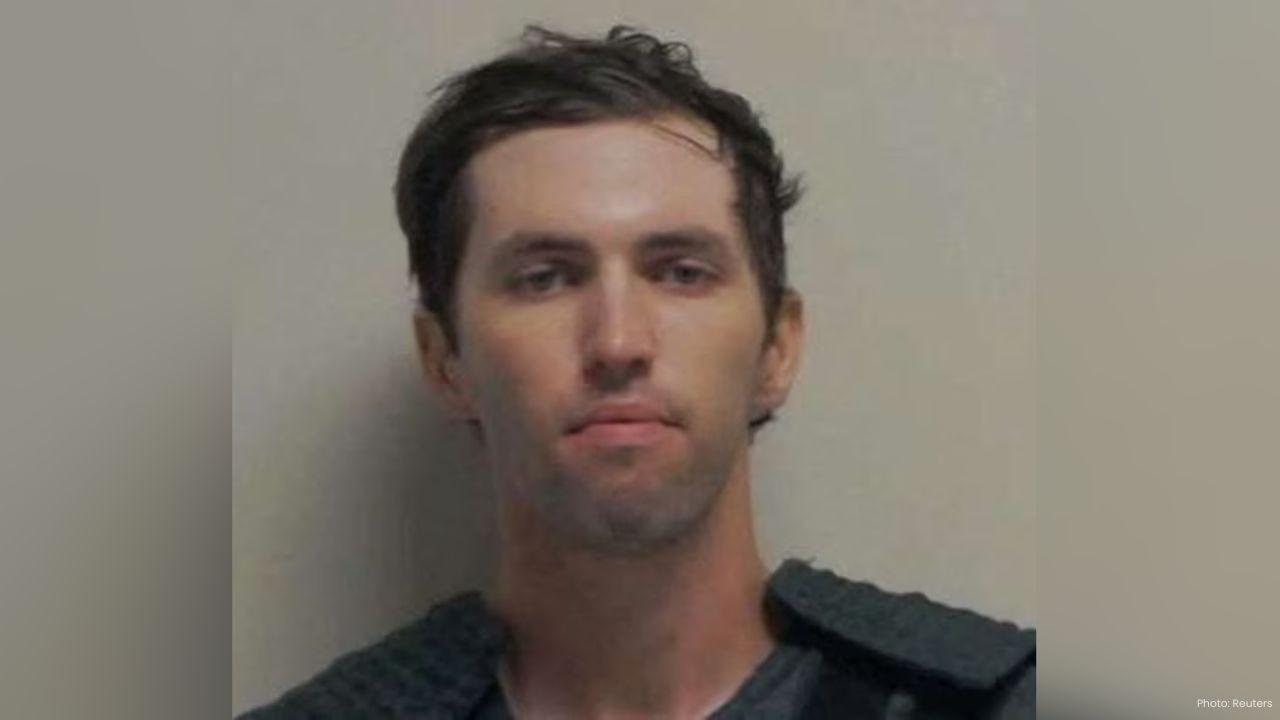


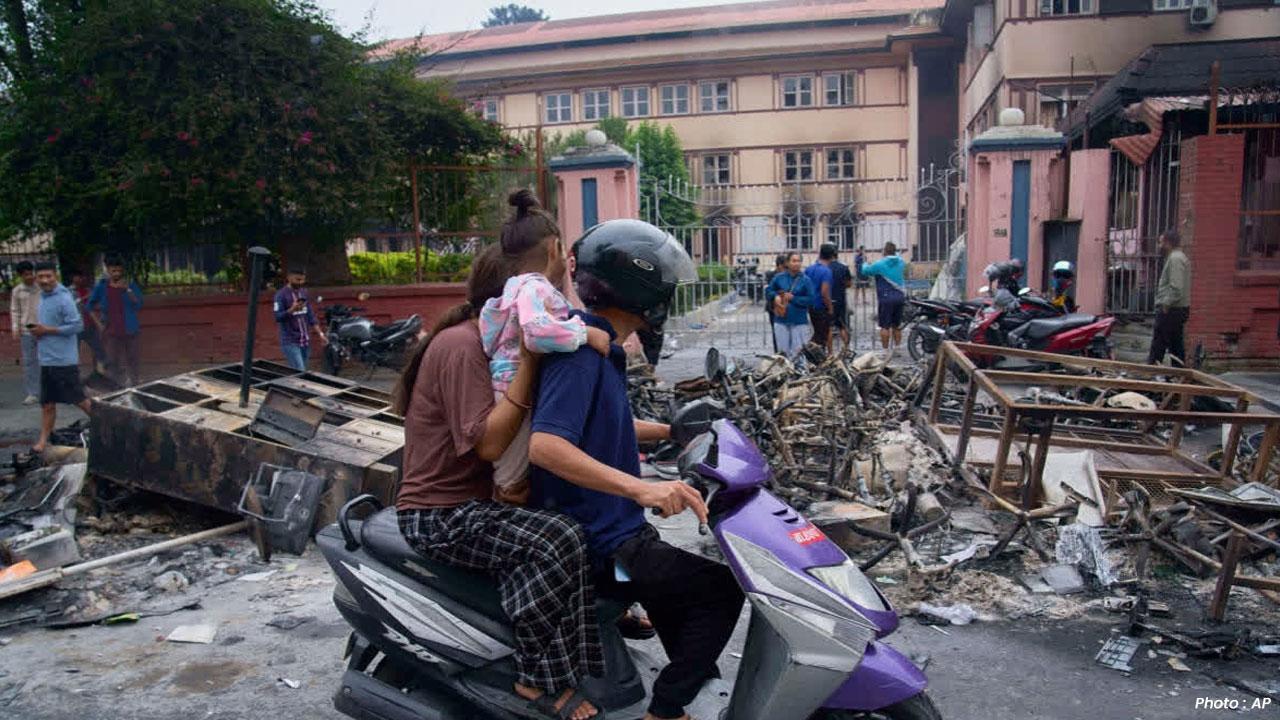

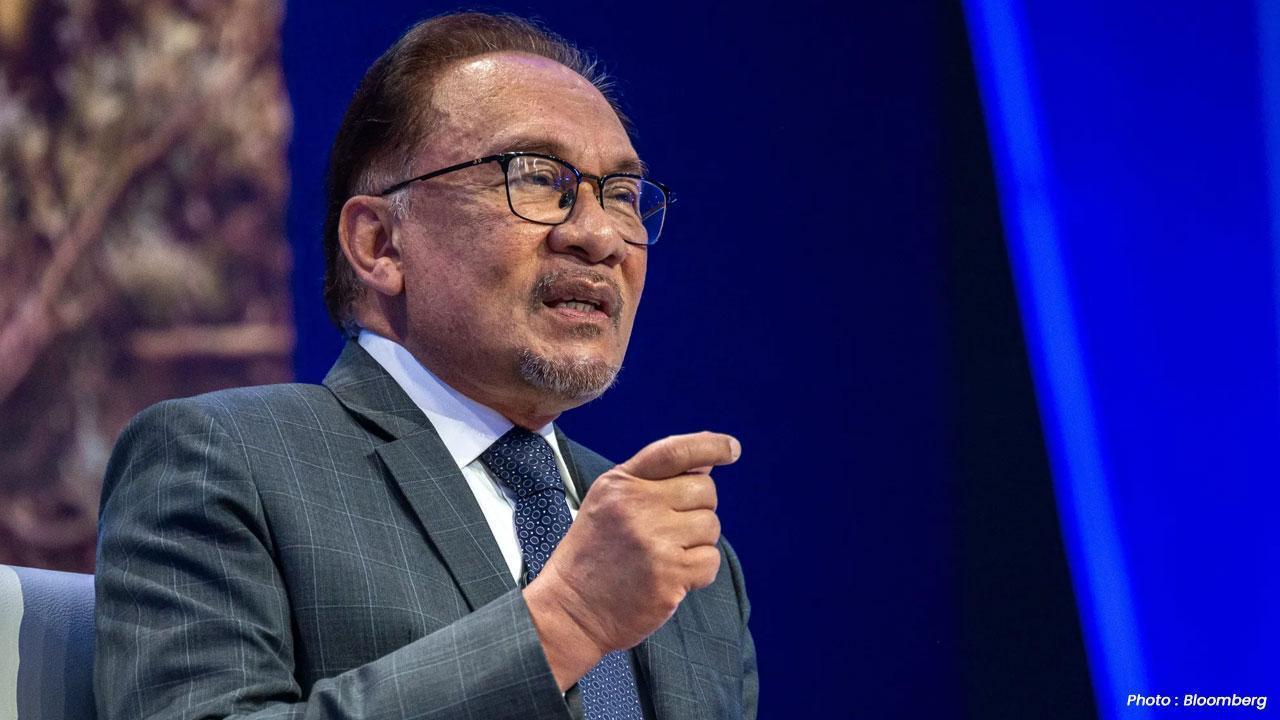

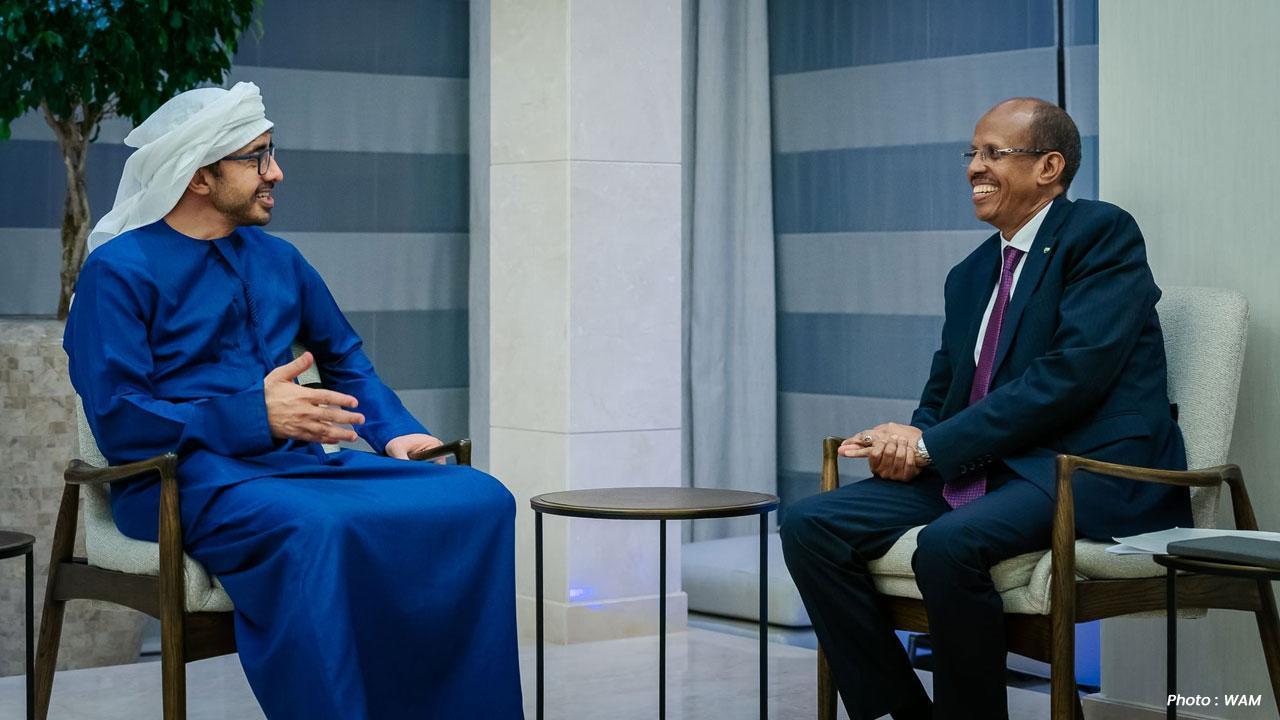
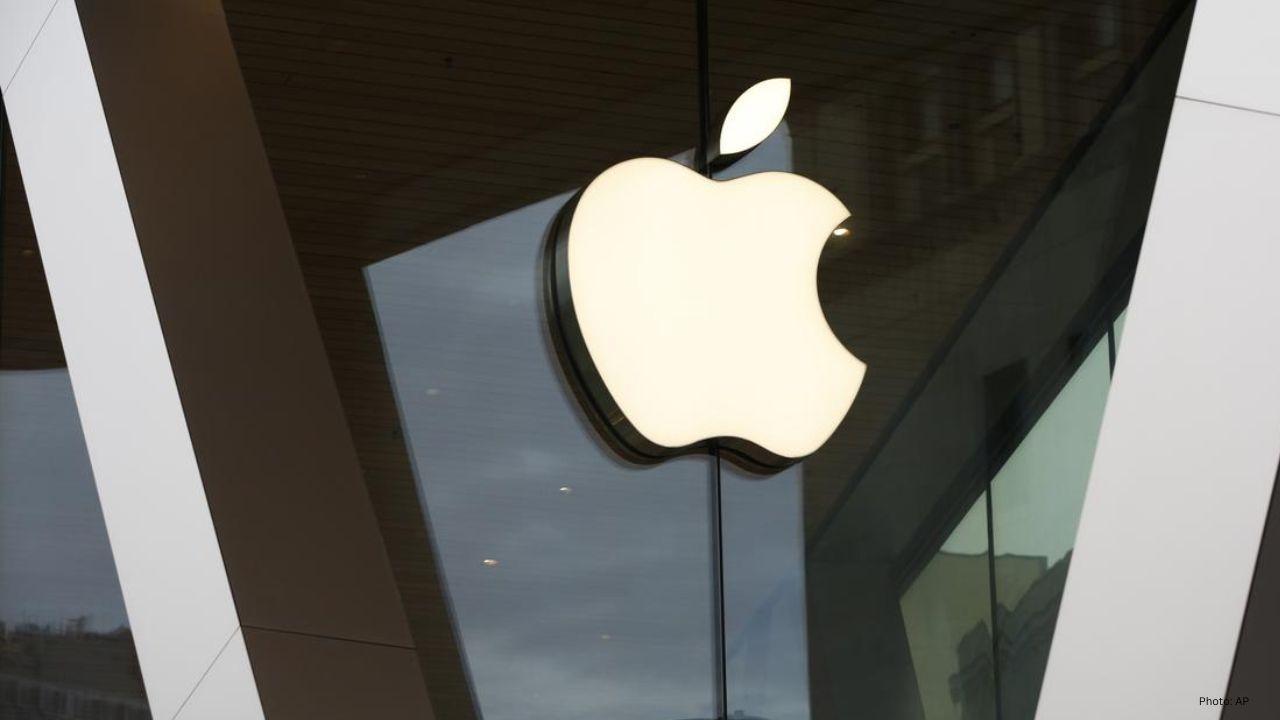
Apple AI Leader Robby Walker Quits Amid Delays in Siri
Apple AI chief Robby Walker is leaving after a decade, raising concerns as Siri upgrades face delays
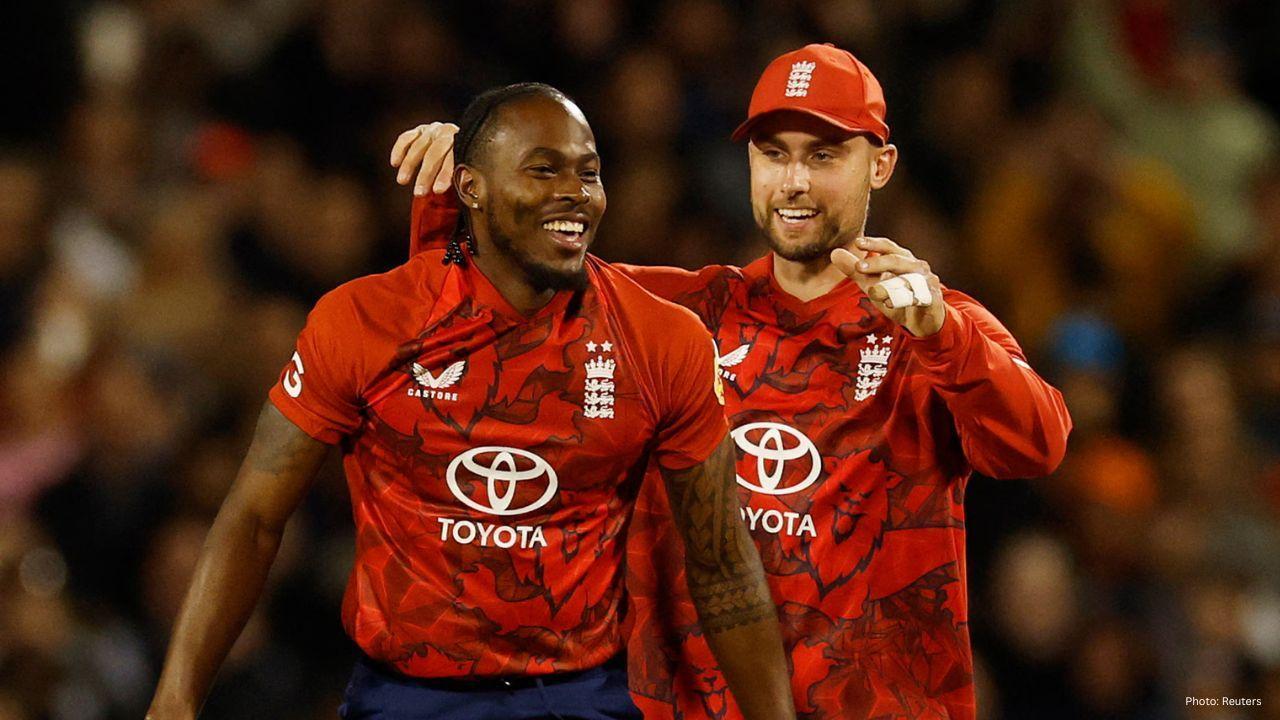
Phil Salt’s Record 141 Powers England to Big T20 Win
Phil Salt hit 141 not out as England smashed 304 runs to crush South Africa by 146 in the 2nd T20 at
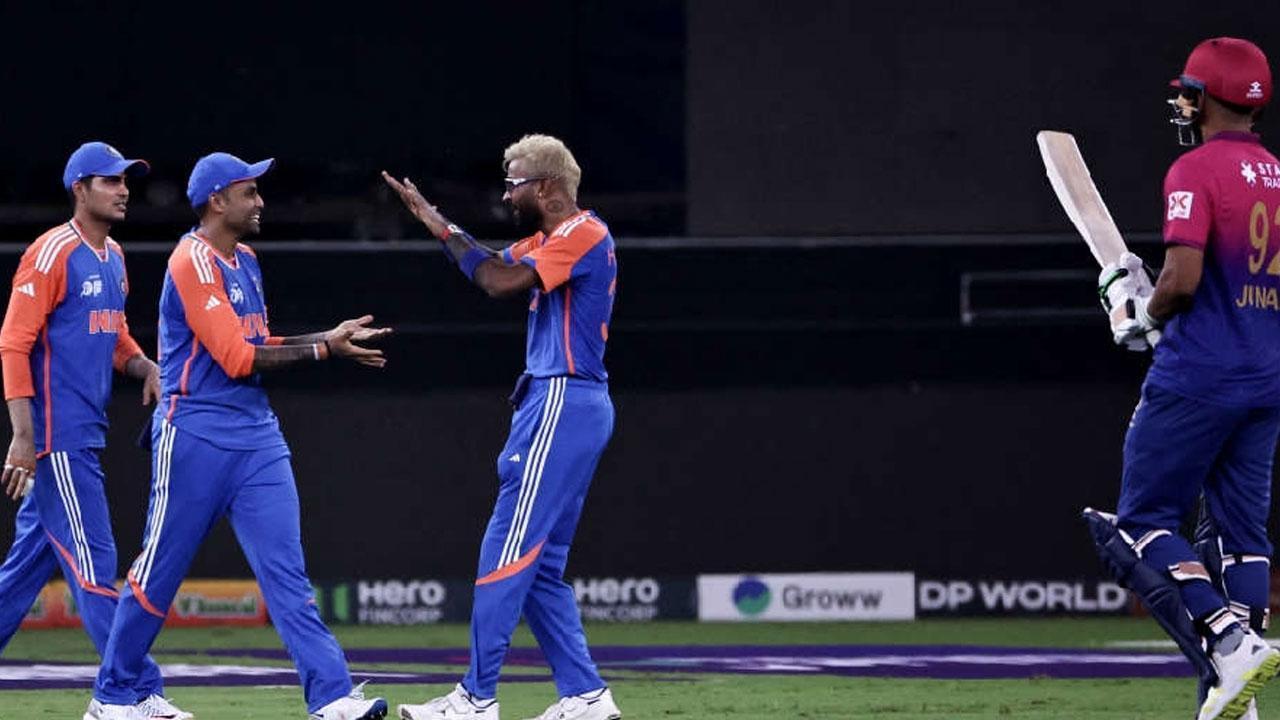
India Dominates UAE by 9 Wickets in Asia Cup 2025 Opener with Brilliant Bowling
India dominates UAE in Asia Cup 2025 opener, winning by 9 wickets with Kuldeep Yadav shining and a q
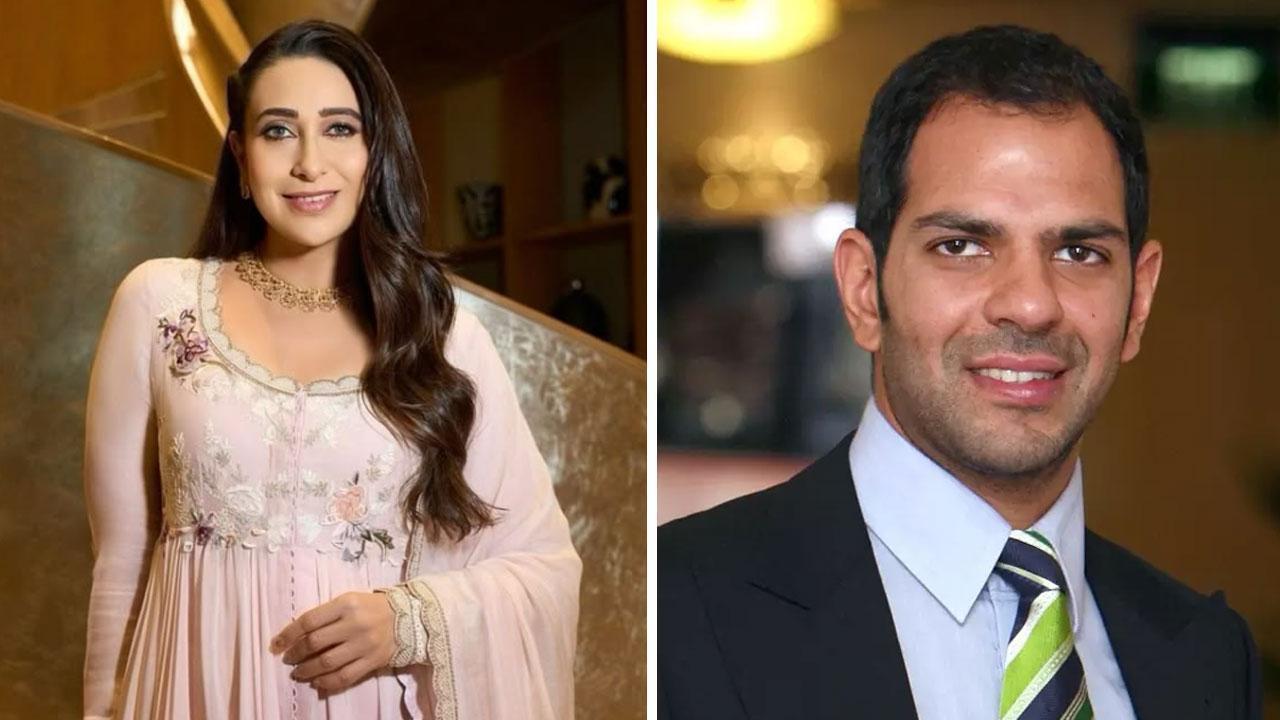
Karishma's Kids Get 1,900 Crore: Priya Kapoor Defends Sunjay Kapur Estate
Priya Kapur claims Karisma Kapoor’s children already received Rs 1,900 crore as court battle over Su
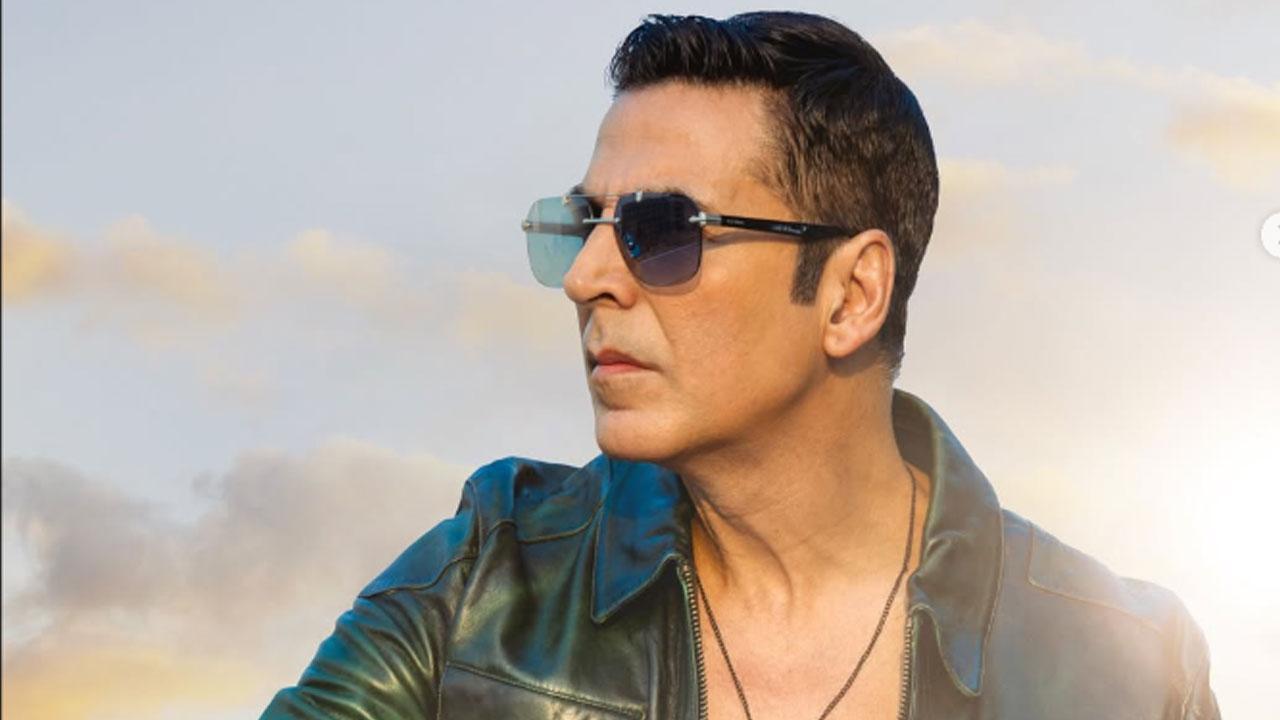
Akshay Kumar 58th Birthday Heartfelt Thanks to Fans and Colleagues
Bollywood star Akshay Kumar celebrates his 58th birthday with gratitude, thanking fans and colleague
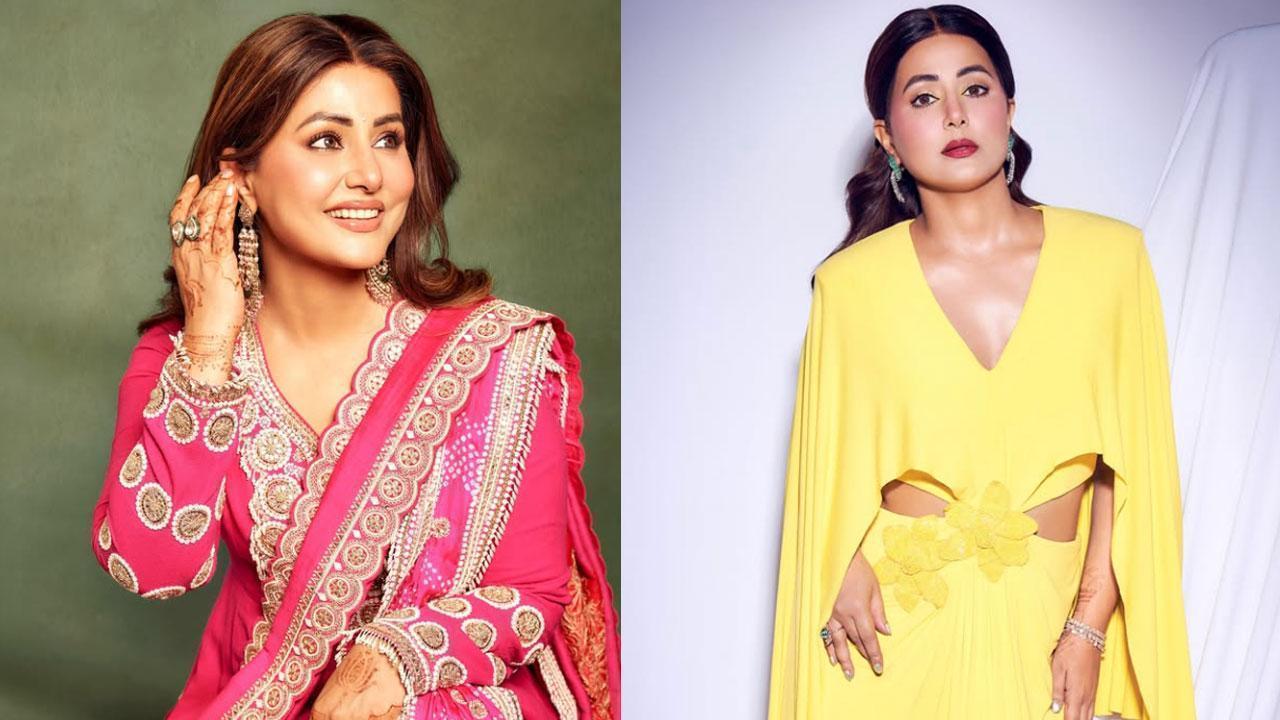
Hina Khan Backs Ashnoor Kaur After Farhana Bhatt Bigg Boss 19 Remarks
Hina Khan supports Ashnoor Kaur after Farrhana Bhatt’s comment on Bigg Boss 19, sparking social medi